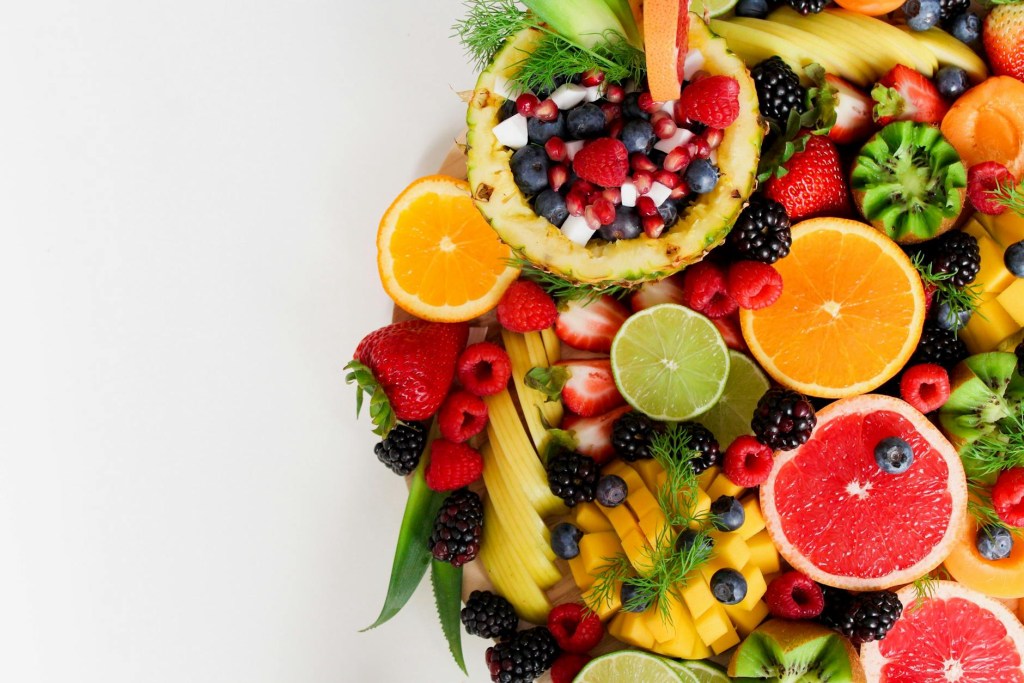As we age, it’s crucial to pay close attention to the foods we eat. A nutritious diet is essential for promoting healthy aging and keeping our bodies functioning well. Along with a balanced diet, incorporating self-care practices can significantly enhance the quality of life in older age. Below are some key nutritional tips and self-care practices for staying healthy as you grow older.
Nutritional Tips for Healthy Aging:
Eat a Variety of Colorful Fruits and Vegetables: Including a rainbow of fruits and vegetables in your diet provides a wide range of vitamins, minerals, and antioxidants that are essential for overall health. These foods help reduce inflammation, boost your immune system, and support brain health.
Include Lean Proteins: Protein is vital for maintaining muscle mass and strength as we age. Choose lean sources like poultry, fish, beans, and nuts to support muscle repair and growth.
Choose Whole Grains: Whole grains are high in fiber, which aids digestion and helps regulate blood sugar levels. Opt for whole-grain options like brown rice, quinoa, oats, and whole-wheat bread to support heart health and overall well-being.
Incorporate Healthy Fats: Healthy fats, such as those found in fish, nuts, and seeds, are crucial for brain health and reducing inflammation. These fats can help lower the risk of chronic diseases and support cognitive function.
Self-Care Practices for Healthy Aging:
Stay Active: Regular physical activity is key to maintaining strength, flexibility, and balance as we age. Activities like walking, yoga, swimming, or light strength training are excellent for overall health.
Prioritize Sleep: Quality sleep is essential for cellular repair and cognitive function. Establishing a regular sleep routine and creating a restful environment can help ensure you get the rest you need.
Practice Mindful Eating: Paying attention to hunger cues and making conscious food choices can help prevent overeating and promote a healthy relationship with food.
Stay Hydrated: Proper hydration is vital for overall health. Drink enough water throughout the day to keep your body functioning optimally.
By incorporating these nutritional tips and self-care practices into your daily routine, you can support your physical health as you age and promote overall well-being. Listen to your body, make informed food choices, and prioritize self-care to live a healthier and more fulfilling life as you grow older.
The Importance of Hydration in Older Adults
As we age, staying hydrated becomes even more crucial. Proper hydration is essential for maintaining healthy bodily functions, like regulating body temperature and aiding digestion. Unfortunately, older adults often face unique challenges in staying hydrated. The body’s ability to signal thirst decreases with age, and total body water content also drops, making dehydration a common issue. Here are some tips to ensure proper hydration:
Drink Water Regularly: Aim for at least 8-10 cups of water daily, though your needs may vary depending on activity level, health conditions, and climate.
Eat Hydrating Foods: Foods like cucumbers, watermelon, and oranges can help maintain hydration.
Incorporate Soups and Smoothies: These are not only nutritious but also contribute to your daily fluid intake.
Key Vitamins and Supplements for Senior Health
As we age, certain vitamins and supplements can be crucial for maintaining health and vitality:
Vitamin D: Important for bone health and preventing osteoporosis, vitamin D can be obtained through sunlight, food, or supplements.
Vitamin B12: Essential for nerve function and red blood cell formation, B12 absorption decreases with age, so supplementation might be necessary.
Omega-3 Fatty Acids: Found in fish oil or fatty fish, Omega-3s are great for brain health and reducing inflammation.
Consult with a healthcare provider before starting any new supplements, especially to avoid potential interactions with medications.
Incorporating Physical Activity into Daily Life
Physical activity is vital for staying healthy as we age. Regular exercise helps maintain muscle mass, bone density, and balance. Incorporate activities like walking, yoga, swimming, or gentle weight training into your daily routine.
Mindfulness Practices for Mental Well-being
Mindfulness is a powerful tool for reducing stress and enhancing mental well-being. It involves focusing on the present moment, which can help manage age-related challenges like cognitive decline and emotional stress. Combine mindfulness with good nutrition and self-care practices to support your overall health as you age.
Conclusion
Adopting the right nutritional tips and self-care practices is essential for maintaining physical health and well-being as we age. By focusing on a balanced diet, staying hydrated, engaging in regular physical activity, and practicing mindfulness, we can age gracefully and enjoy a fulfilling life well into our golden years.

